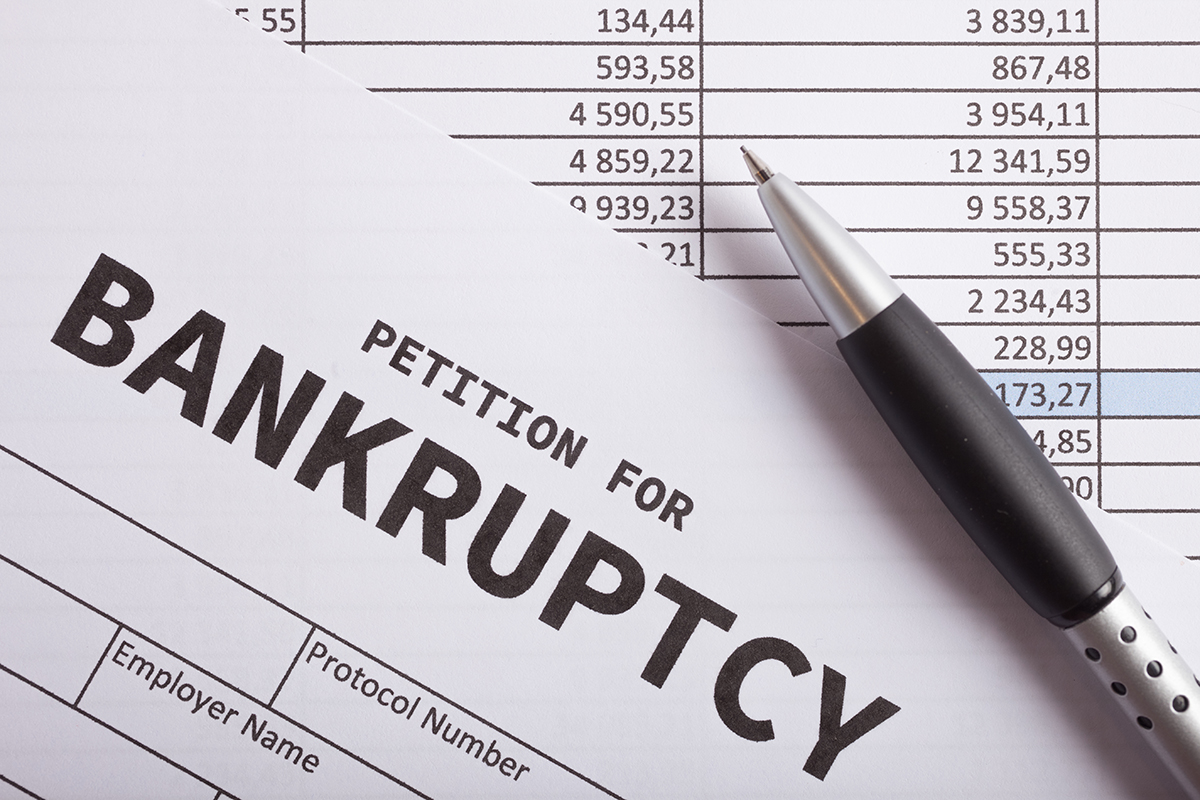What is the Bankruptcy Process?
Bankruptcy is a legal process that individuals and businesses can go through when they are unable to repay their debts. It provides them with relief from overwhelming financial burdens and the opportunity to start fresh.
Bankruptcy allows debtors to eliminate or restructure their debts while protecting themselves from creditor actions and harassment.
The process involves filing a bankruptcy petition with the court, appointing a bankruptcy trustee, and working with a bankruptcy attorney to navigate the complex proceedings.
Different types of debts, such as unsecured debts like credit cards and personal loans or secured debts like mortgages and car loans, may be treated differently in bankruptcy.
The bankruptcy process requires gathering and submitting financial documents, attending a meeting of creditors, and completing credit counseling classes.
The goal of bankruptcy is to provide debtors with a fresh start by resolving their financial obligations and achieving long-term financial freedom.

Types of Bankruptcy in Michigan
In Michigan, individuals have two primary options when filing for bankruptcy, Chapter 7 and Chapter 13. [1]
Understanding the key differences between these two types of bankruptcy is crucial when determining which one is the best fit for your financial situation.
Chapter 7 bankruptcy, often called “liquidation bankruptcy,” involves the sale of a debtor’s non-exempt assets to pay off their debts.
This type of bankruptcy is typically suited for individuals with limited income and substantial unsecured debts. Chapter 7 allows debtors to discharge most unsecured debts, such as:
- Credit card balances
- Medical bills
- Personal loans
However certain debts, such as tax or student loan debt, cannot be discharged through Chapter 7.
On the other hand, Chapter 13 bankruptcy, also known as “reorganization bankruptcy,” involves creating a repayment plan that lasts for three to five years.
This type of bankruptcy is ideal for individuals with a regular income who can afford to make monthly payments to repay their debts over time.
Chapter 13 is often chosen by individuals facing foreclosure or who have significant secured debts, such as mortgage or car loans. It allows debtors to catch up on missed payments and protect their assets from repossession or foreclosure. [2]
To qualify for Chapter 7 in Michigan, individuals must pass a means test, which evaluates their income and compares it to the state’s median income. If an individual’s income is below the median, they may be eligible for Chapter 7.
If their income exceeds the median, they may have to file for Chapter 13 and repay a portion of their debts.
Bankruptcy Petition
A bankruptcy petition is a legal document filed with the bankruptcy court to initiate the bankruptcy process. It is typically the first step individuals take when seeking bankruptcy protection.
The petition provides detailed information about the debtor’s financial situation, including their:
- Assets
- Expenses
- Income
- Liabilities
It also includes a list of creditors and the amount owed to each. Filing a bankruptcy petition triggers an automatic stay, which halts creditor actions, such as foreclosure or repossession, providing the debtor with immediate relief.
Debtors must accurately complete the bankruptcy petition and provide all necessary information to ensure a smooth and successful bankruptcy proceeding.
Even a minor mistake or omission in the petition could delay the process or potentially result in the dismissal of the bankruptcy case.

Documents Required for Filing a Bankruptcy Petition in Michigan
When filing a bankruptcy petition in Michigan, debtors must provide certain documents to the court to ensure a smooth and successful bankruptcy proceeding.
The list of documents may vary depending on the type of bankruptcy being filed, but typically includes:
- List of creditors: Debtors must provide a list of all creditors with the amount owed to each creditor.
- Proof of identity: Debtors must provide proof of their identity, such as a government-issued ID or driver's license.
- Proof of income: Debtors must provide proof of their current income, such as pay stubs, statements of benefits, or other forms of income.
- Statement of financial affairs: Debtors must provide a detailed statement outlining their financial affairs, including debts, assets, income, expenses, and other financial information.
- Tax returns: Debtors must provide copies of their most recent two years' federal and state tax returns.
The court may request additional documents to ensure the accuracy of the bankruptcy petition. It is important to be prepared with all necessary paperwork when filing a bankruptcy petition in Michigan.
How to File a Bankruptcy Petition in Michigan
Filing a bankruptcy petition in Michigan involves several steps to ensure a smooth and efficient process. Here is a step-by-step guide:
- Gather necessary financial documents: Compile all relevant financial documents, including bank statements, tax returns, pay stubs, and a list of creditors.
- Complete bankruptcy forms: Fill out the required bankruptcy forms, such as the petition, schedules, and statement of financial affairs. Provide accurate information about your debts, assets, income, and expenses.
- Choose the filing method: In Michigan, you can file your bankruptcy petition electronically through the court's Electronic Case Filing (ECF) system or by mailing the forms to the appropriate Michigan Bankruptcy Court.
- Electronic filing: If you opt for electronic filing, you must register as an ECF user and follow the court's instructions for submitting your forms and supporting documents online.
- Mail filing: If you prefer to file by mail, send the completed forms and supporting documents to the designated address of the Michigan Bankruptcy Court.
- Automatic stay: Once your bankruptcy petition is filed, the automatic stay comes into effect. This legal protection immediately stops creditor actions, such as garnishments, lawsuits, or foreclosure proceedings.

Our experienced bankruptcy attorneys at Frego Law can help you understand the bankruptcy process and guide you through every step of the filing process. Contact us today for more information.
Sources:
[1] Attorney, C. O. (2023, August 29). Filing for Bankruptcy in Michigan. www.nolo.com. https://www.nolo.com/legal-encyclopedia/how-to-file-bankruptcy-in-michigan.html
[2] Bankruptcy. (n.d.). https://www.michigan.gov/reinventretirement/reinventing/crisis-management/bankruptcy




